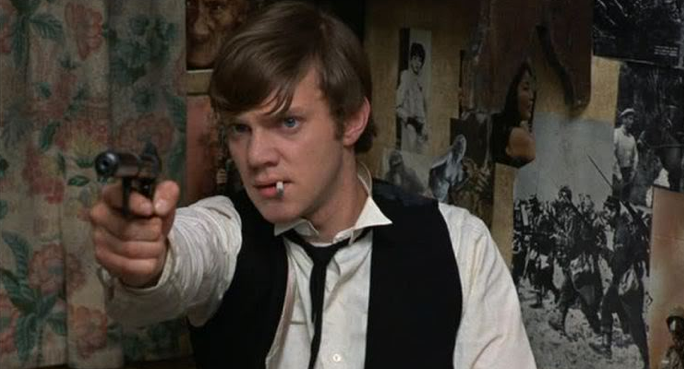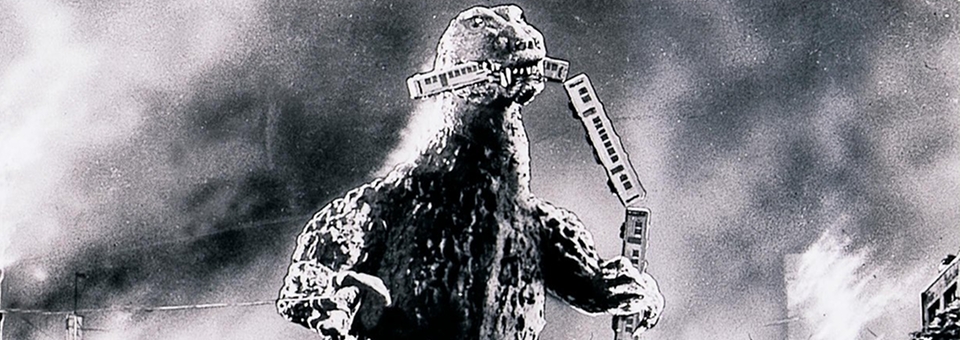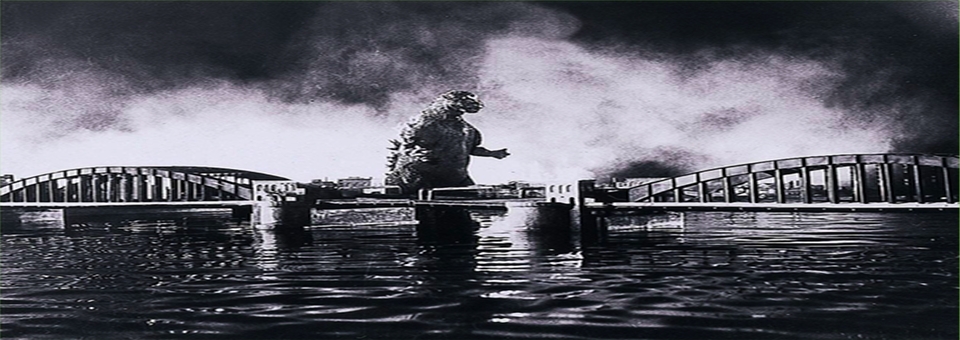If…. (1968), directed by Lindsay Anderson, Spine #391 of the Criterion Collection.
I’ve always felt that school is an institution designed to suppress creativity and force conformity, with its purpose being to train workers. Ironically, one’s time at school can be the best time of one’s life because it is a chance to explore and understand one’s self under rules that can be bent and even broken. It is unfortunate that once school is over, dreams, hope and innocence give way to reality, impossibility and corruption.
The filmmakers of If…. seem to understand this and do not want the students depicted in the film to make a complete transition to the real world. Malcolm McDowell plays Mick, one of the story’s student “crusaders,” whose purpose is to hold on to the chaos of life and not give it up without a fight. He and other crusaders meander through the film on sometimes wild, sometimes mundane adventures with no real purpose. And this isn’t a bad thing.
What makes film a great medium to examine these ideas is that as an art form, it is both real and not real. This dreamlike appeal reflects our hopes and our desires, especially those we had during school when the future was uncertain and we could be anything we wanted. The characters in the picture, you could say, stand in for us and act out things we could only dream of.
The playful and sometimes arbitrary technical flourishes, such as dramatically going from color film to stark black and white, leaves no discernible line drawn between the reality of the movie and the fiction that it is. This playfulness eventually seeps into the narrative of the film itself. There is the scene when McDowell and friend walk into a coffee bar and proceed to have a combative yet amusing exchange with a member of the opposite sex. Later in the film, there is a moment after the chaplain of the school is gunned down by McDowell during a fighting “exercise” and the chaplain pops out of a drawer as if it were a coffin and asks for an apology from the student.
I’ve seen this film twice now: once during college, and once just recently. The fact that I liked it more the second time reveals only one out of two possibilities: it’s not too late to hope, or hope is nothing more than a nostalgic desire. I hope for the first.
Up Next: #65 Rushmore








